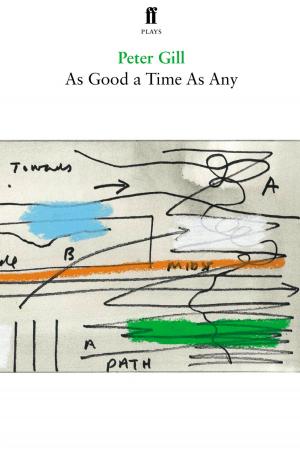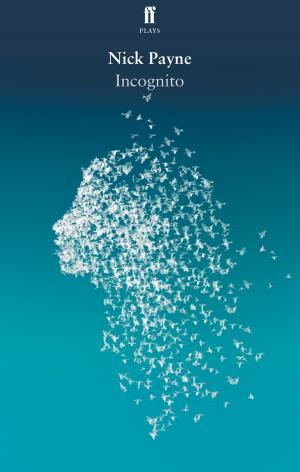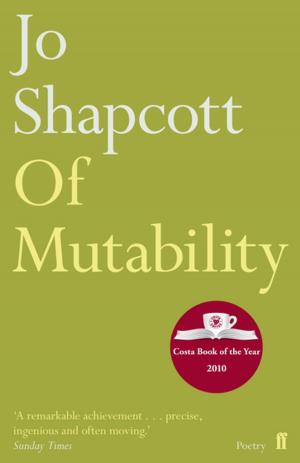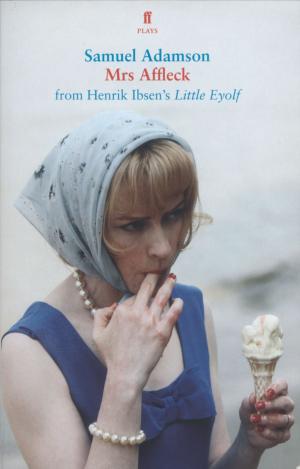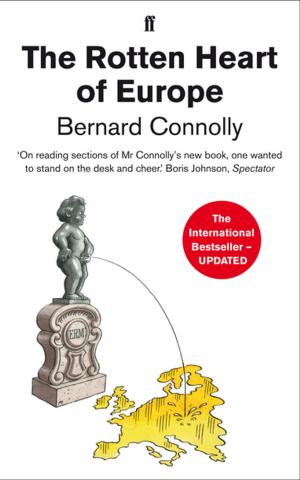| Author: | Wilson Harris | ISBN: | 9780571302093 |
| Publisher: | Faber & Faber | Publication: | March 21, 2013 |
| Imprint: | Faber & Faber | Language: | English |
| Author: | Wilson Harris |
| ISBN: | 9780571302093 |
| Publisher: | Faber & Faber |
| Publication: | March 21, 2013 |
| Imprint: | Faber & Faber |
| Language: | English |
'What [Wilson] Harris is doing is to extend the boundaries of our very conception of fiction.' Robert Nye.
First published in 1982, The Angel at the Gate is offered to readers as Wilson Harris's analysis and interpretation of the 'automatic writing' of 'Mary Stella Holiday': an assumed name for the secretary and patient of the late Father Joseph Marsden.
'Mary suffered from a physical and nervous malaise as The Angel at the Gate makes clear. Through Marsden - the medical care he arranged for her and the sessions he provided in Angel Inn which gave scope to her 'automatic talents' - that illness became a catalyst of compassion through which she penetrated layers of social and psychical deprivation to create a remarkable fictional life for 'Stella' (apart from 'Mary') in order to unravel the thread that runs through a diversity of association in past and present 'fictional lives.'' (From Harris's introductory 'Note.')
'What [Wilson] Harris is doing is to extend the boundaries of our very conception of fiction.' Robert Nye.
First published in 1982, The Angel at the Gate is offered to readers as Wilson Harris's analysis and interpretation of the 'automatic writing' of 'Mary Stella Holiday': an assumed name for the secretary and patient of the late Father Joseph Marsden.
'Mary suffered from a physical and nervous malaise as The Angel at the Gate makes clear. Through Marsden - the medical care he arranged for her and the sessions he provided in Angel Inn which gave scope to her 'automatic talents' - that illness became a catalyst of compassion through which she penetrated layers of social and psychical deprivation to create a remarkable fictional life for 'Stella' (apart from 'Mary') in order to unravel the thread that runs through a diversity of association in past and present 'fictional lives.'' (From Harris's introductory 'Note.')

